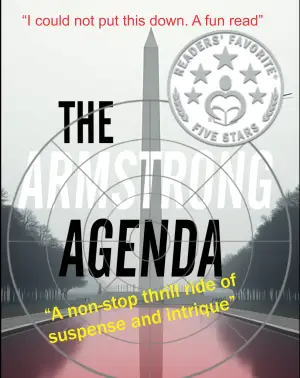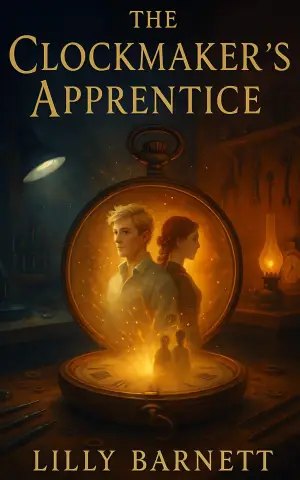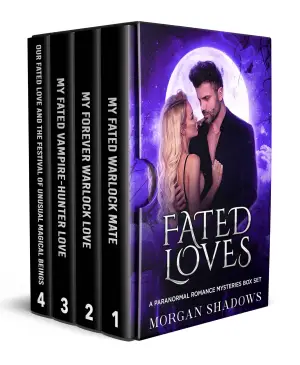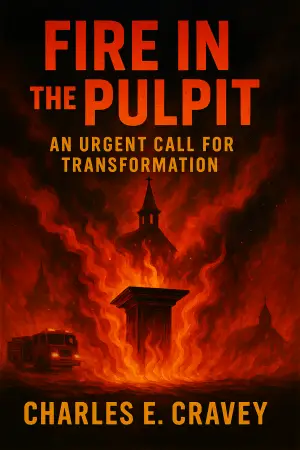Embracing the Undead: A Personal Dive into The Paradox of Blackness in African American Vampire Fiction
When I first stumbled upon The Paradox of Blackness in African American Vampire Fiction by the astute literary critic, Dr. Janell Hobson, I found myself both curious and a bit skeptical. How can vampire folklore, steeped in its own complexities, serve as a medium for such profound discussions about identity, race, and existence? Yet, from the first page, I was captivated—not just by the haunting allure of the narrative but by the wisdom woven into its analysis of black vampires in literature.
Dr. Hobson meticulously examines the unique tapestry of African American vampire fiction, asserting a reality that often goes ignored: the rich, multifaceted representations of blackness through the lens of these immortal beings. Books like The Gilda Stories by Jewelle Gomez and Octavia Butler’s Fledgling emerge as not merely stories of the undead but as pivotal explorations of what it means to navigate life as a black individual in a world that often doesn’t understand or appreciate that existence.
The overarching theme of this critique centers on a compelling question: "Is there more to being black than having a black body?" This inquiry resonates deeply, as it encourages readers to peel back the layers of cultural identity, legacy, and memory. One fascinating insight was how black vampires symbolize both a resurrection of cultural narratives worth keeping alive and an opportunity to let go of outdated paradigms. It’s a duality that mirrors the complexities of being black in America; one must acknowledge both the historical and personal while forging ahead.
Hobson’s writing style is engaging and filled with poignant observations. She doesn’t just present her arguments; she beckons readers to join her on a journey, inviting us to reflect alongside her. The pacing is like a well-crafted rhythm, alternating between analytical depth and moments of poetic beauty. Lines that illuminate the struggles of these fictional characters often had me pausing to reflect on their relevance in today’s society.
One of the standout moments in the book includes reflections on the nuanced characterizations in Tananarive Due’s My Soul to Keep. The exploration of immortality juxtaposes the absolute trials of existence, inviting the reader to consider the implications of living both forever and in a society that continues to disenfranchise. Such a discussion resonates on various levels, reminiscent of the ongoing challenges faced within marginalized communities.
As I turned the final pages, it became clear that this book isn’t just for vampire enthusiasts or scholars of African American literature; it’s for anyone who seeks deeper understanding. Whether you’re a cinephile drawn to speculative fiction or someone simply looking to expand your awareness of cultural narratives, Hobson’s work invites you into critical dialogue. It challenges us to reconsider the stories—the myths, the truths—that we’ve inherited and continue to perpetuate.
In essence, The Paradox of Blackness in African American Vampire Fiction profoundly impacted my understanding of not only literature but also the world around me. It’s a necessary read for anyone hoping to uncover the hidden dimensions of black experience, both in fiction and reality. As readers, we are encouraged to keep the conversation alive—much like the black vampires that Dr. Hobson highlights—continuously seeking to redefine what it means to exist in a world tender with both pain and possibility.






